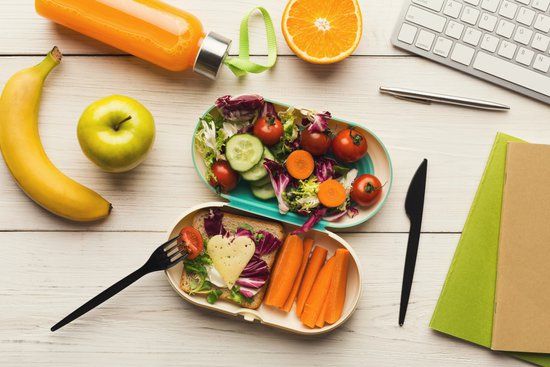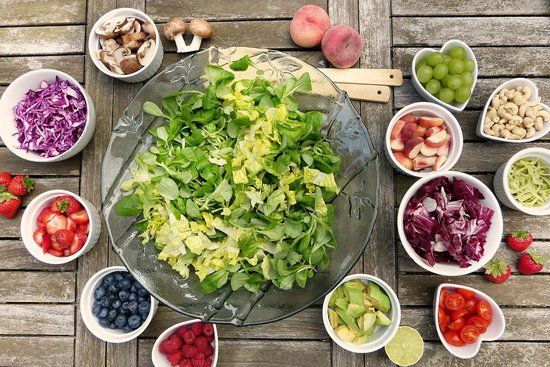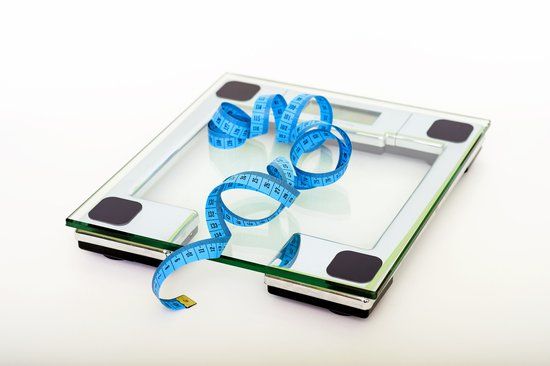We will all be over indulging this week. Christmas isn’t only the time for giving, it’s the time for excess as we all eat and drink much more than usual.
But if you’re hoping to have a baby in 2012 – whether through assisted reproductive techniques such as IVF or naturally - a healthy diet and lifestyle should be at the top of your New Year’s resolutions list. Or should it?
A new study has shown that women going through IVF who take a pregnancy vitamin supplement double their chances of getting pregnant and crucially achieve a viable pregnancy – beyond the first trimester of 12 weeks when miscarriage is most common - than women who just take folic acid.
The study at the University College London and Royal Free Hospital looked at 58 infertile women who had been carefully matched so their histories and lifestyle were similar, with either a year of unexplained fertility or irregular periods which affect their ability to conceive.
Half of the group were given a pregnancy multivitamin which contains folic acid along with other essential vitamins and minerals, and the other half were given just folic acid, daily for four weeks. All women then had induction of ovulation using fertility drugs.
The results showed that 60 per cent of the women taking the pregnancy vitamin got pregnant and didn’t miscarry in the first three months, compared to 25 per cent of women who just took folic acid.
The study also showed that more women taking the multi vitamin fell pregnant on their first attempt – fifteen women compared to two in the folic acid group.
So is a specifically-formulated pregnancy multivitamin pill the miracle answer to higher success rates of pregnancy through IVF? Folic acid is vital in ensuring correct development of the baby in the crucial first trimester and is something all women should take both before conception and in the first three months, but there is no ‘miracle’ when it comes to multivitamin pregnancy supplements.
The nutrients in these tablets may simply just ensure our bodies are at the most optimum for pregnancy, whether that’s achieved through IVF or naturally, by providing the right levels of vitamins and minerals which our own daily diets will almost certainly be lacking.
Obviously the sample of women studied in this trial is small, and it’s now being replicated on a much larger scale so we have a clearer understanding of exactly how these supplements seem to increase pregnancy success.
But for now, it’s a buy-over-the-counter option if you want to make absolutely sure you’re at your best for a baby. Or you could simply make sure your diet is the best it can be. Now there’s food for thought over the festive season.
Last updated: 20th January 2020







